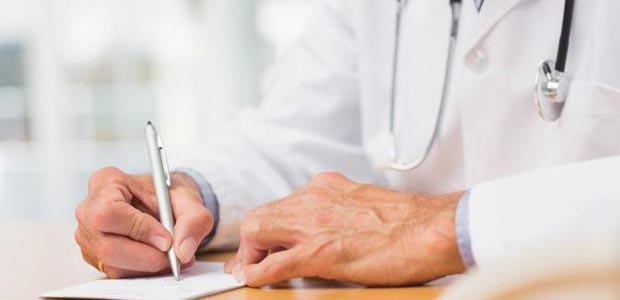Eating a well-balanced diet after a cancer diagnosis and during treatment can help promote healing and manage side effects. Nutrition is an important part of cancer treatment and overall well-being. Patients in St. Stamford Modern Cancer Hospital Guangzhou are all assigned to dietitians. They are all well informed of the food the patient can or can not eat and tailor a strict standard diet for patients. As your cancer treatment changes and progresses, your nutritional needs may change as well. Your dietitian can help you adjust to that. During the treatment you need to:
Include a variety of vegetables and fruits, both of which should make up half the plate.
Intake a wide array of whole grains, such as brown rice, quinoa etc. These should constitute for a quarter of the plate.
Avoid processed meats like bacon and cold cuts and limit red meat and cheese as a source of protein. Instead, choose wild-caught fish, poultry, beans, and nuts for the rest of the plate.

If you suffer these symptoms, please take the following steps.
Nausea: First, ask your attending doctor to incorporate certain anti-nausea medications into your treatment plan. These can be taken before heading into treatment to help minimize the nausea. Try eating a light meal before treatment. Drink plenty of fluids throughout the day. Keep hard candy around, which sometimes can ease the symptom.
Fatigue: Eat small meals throughout the day, if possible, physical activity also helps minimize the fatigue. Walking is the best option.
Constipation: In addition to stool softeners, eating foods high in fiber, such as fruits, vegetables and whole grains, can help you manage this side effect. Please keep in mind that certain treatments have restrictions regarding fruits and vegetables, so check with your doctor about which foods to avoid. Also, fresh fruits and vegetables are usually not recommended during chemotherapy due to contamination concerns. Frozen or canned is recommended.
Diarrhea: Be sure to drink plenty of fluids if diarrhea occurs. Avoid fatty foods, alcohol and caffeine. Eat foods high in protein and calories.
Dry Mouth: Gum and hard candies are helpful. Suck on ice cubes and avoid spicy and sugary foods.
Low White Blood Cells: Avoid uncooked foods, fresh veggies and fruit, fast food restaurants, salads and buffets. Avoid public places and fresh flowers.
Experts in St. Stamford Modern Cancer Hospital Guangzhou suggest that food can be a important supplement if you eat it appropriately during the treatment. So if there’s any question, please communicate with your doctor and dietitian promptly.
*Surgery, in addition to the appropriate chemotherapy and radiotherapy, are effective in treating early cancer, but certain patients in late stage of cancer may not be tolerate surgery well as they can be relatively weak. A combination of carefully planned minimally invasive therapy, chemotherapy or radiotherapy can effectively reduce the side effects and discomfort of treatment and may help patient get better efficacy.













 viber
viber